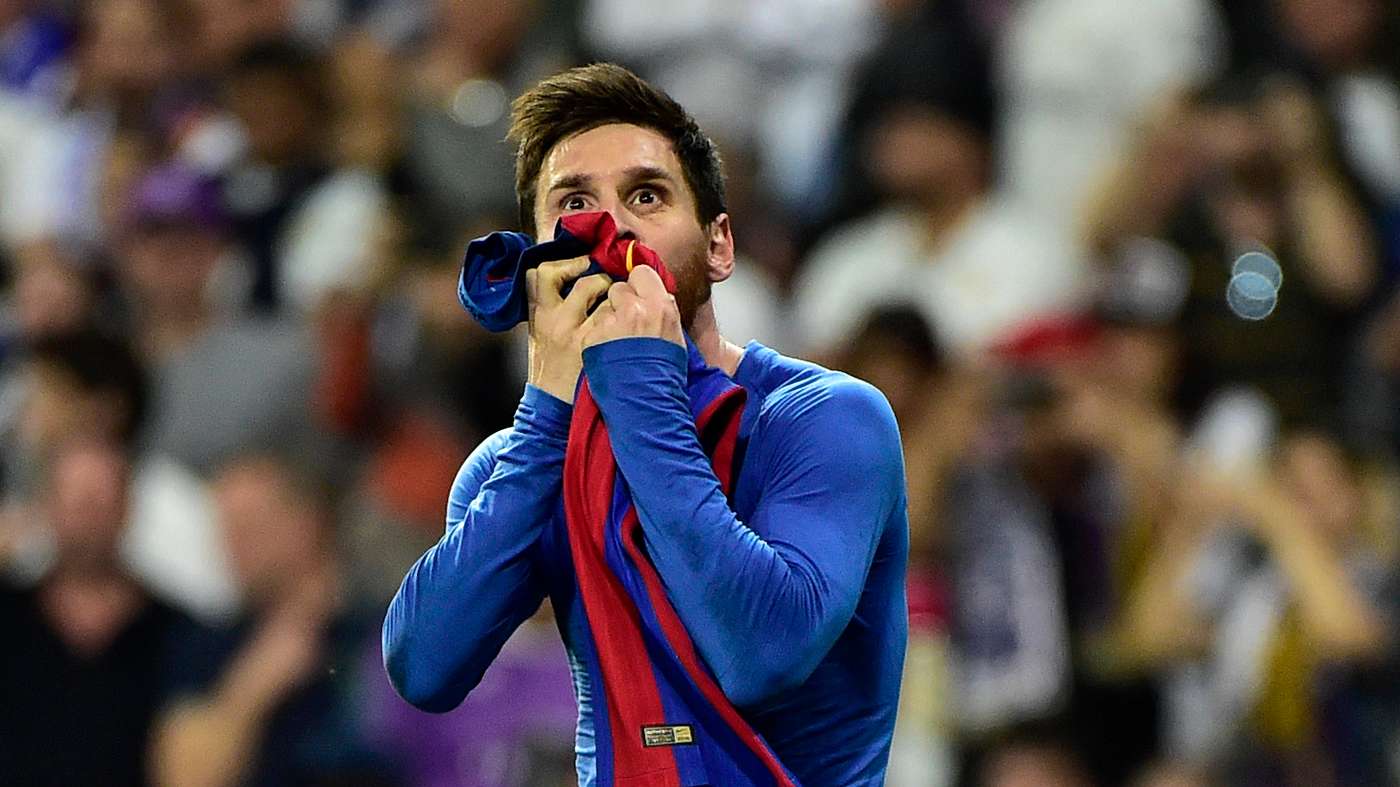Cruyff's Century Move: How Barcelona Won History Over Real Madrid
19 October 2025

The Transfer That Shaped An Era
For years, Real Madrid and Barcelona chased the best players in football, with iconic names in the conversation. Yet one story stands above the rest for its audacity and its enduring impact: Johan Cruyff, the Ajax legend, came tantalizingly close to Madrid before choosing Barcelona and becoming one of Barça's defining figures.
The transfer carries more than a number. It exists in multiple versions: did Cruyff insist on Barça, or did economics steer the ship? What is certain is the scale: Madrid reportedly offered 30 million pesetas, Barcelona countered with 50 million plus a salary up to five million per season, and the total cost of the deal in that era was enormous enough to crown Cruyff the world’s most expensive player.
Behind the headlines stood figures of power: Santiago Bernabéu, the architect of Madrid’s transfer successes, whose influence loomed large even as Ajax owned the player’s rights. Some accounts credit Barça for meeting the price and terms; others hint that Ajax preferred Barcelona and that Cruyff’s own preferences helped tilt the balance. There were whispers about a separate constraint: a grand stadium project for Real Madrid that could have complicated any big-money move.
Then, in February 1974, Cruyff stepped onto the Camp Nou pitch wearing Barcelona colors and helped the Blaugrana thrash Real Madrid 5–0 in the Clasico, marking a turning point after fourteen years of Madrid’s dominance and signaling a new era for Barça.
The Wind, the Goal, and the Clasico Moment
In that famous match, Cruyff collected the ball outside the area, weaved past defenders with a signature feint, and delivered a lob that seemed destined for the net. The crowd awaited the strike, yet a gust of wind sent the ball skimming away, leaving spectators astonished and dubbing the moment as perhaps the Clasico’s most famous near-miss. It proved that even legends face nature’s theatrics.
Cruyff could have donned Madrid’s white, but he chose Barça and became one of the club’s most enduring legends, a decision that reshaped Barça’s identity and shifted the balance of power in Spanish football.
Cruyff's Legacy: From Player to Philosopher
After retiring, Cruyff returned to Barcelona in 1988 as coach and launched a football revolution that redefined the club’s ethos. Under his guidance, Barça moved from chasing trophies to chasing ideas: possession-based play, movement, and a bold insistence on attacking football. He built a team that won four consecutive league titles (1991–1994) and captured Barça’s first European Cup in 1992, placing the club squarely on the world stage.
In the Clasico, Cruyff’s Barcelona defined a style that valued artistry over pragmatism, and his influence did not end with his tenure. Pep Guardiola, Xavi, and Luis Enrique would carry pieces of his philosophy forward, turning the Camp Nou into a laboratory for a footballing creed that many still call “tiki-taka.” Johan Cruyff was more than a star or a coach; he was a catalyst who helped Barcelona discover its identity and helped redefine the Clasico as a duel between artistry and discipline. Even when a wind altered a shot, his legacy continued to blow through every pass and goal Barça writes today.
Punchline 1: Cruyff’s legend is so balanced that even the wind tips its hat.
Punchline 2: If football is a joke, Cruyff is the punchline you keep rewatching—and still laughing at the same pass.



